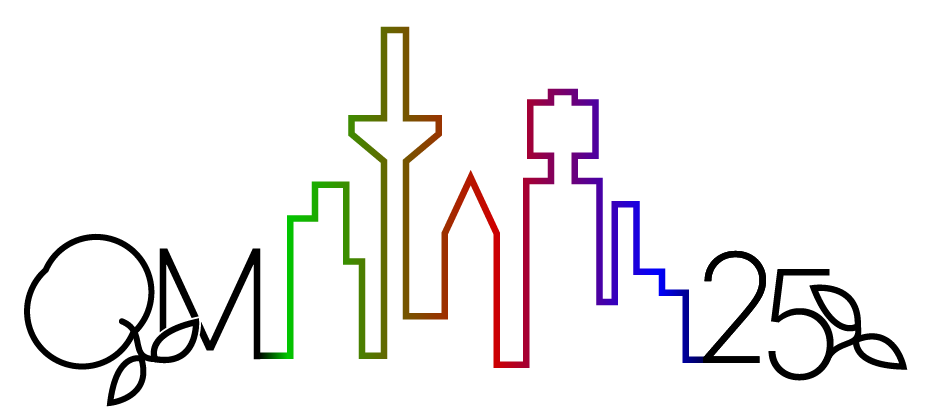Speaker
Description
The exploration of the properties of quark-gluon plasma (QGP), a distinct state of matter predicted by quantum chromodynamics (QCD), is a primary objective in relativistic heavy-ion collisions. Dielectrons are an ideal probe for understanding the properties of the QGP and its evolution, as they are emitted throughout the whole evolution of the collision and do not interact strongly with the hot and dense medium. By measuring the invariant mass distribution of thermal dielectrons, it is possible to extract the average temperature of the hot QCD medium at different stages of the evolution.
The RHIC Beam Energy Scan (BES) program offers a unique opportunity to study dielectron production across a wide range of collision energies. In this presentation, we will present new measurements of the dielectron invariant mass spectra in Au+Au collisions at $\sqrt{s_{_{\mathrm{NN}}}} = 17.3 \mathrm{\,GeV}$ with the STAR experiment. The average temperature extracted from the thermal dielectrons will be shown, and the energy dependence of the experimental results and their physics implications will also be discussed.
| Category | Experiment |
|---|---|
| Collaboration (if applicable) | STAR |
